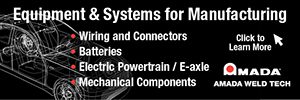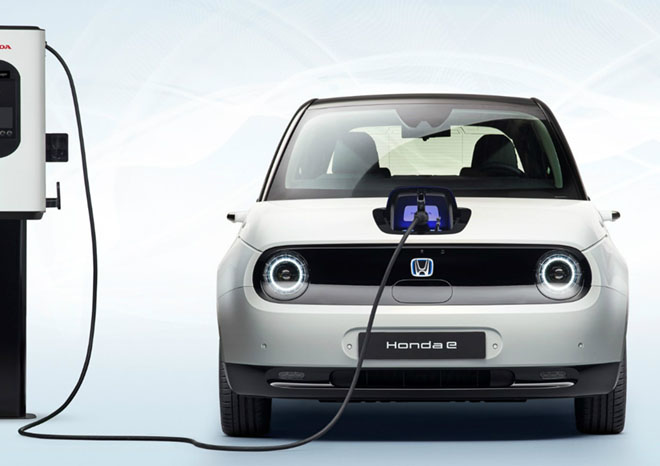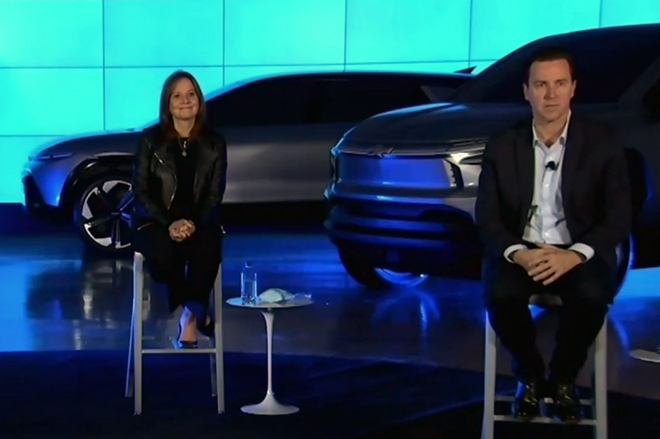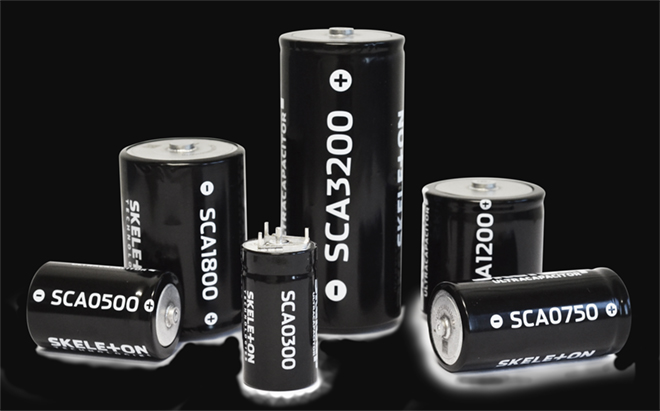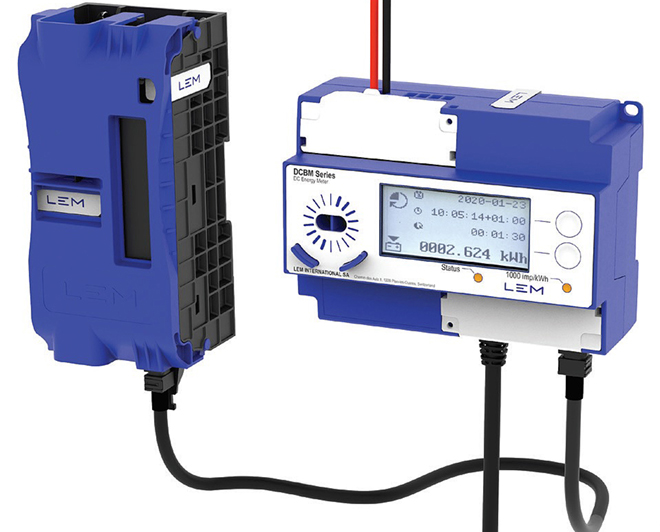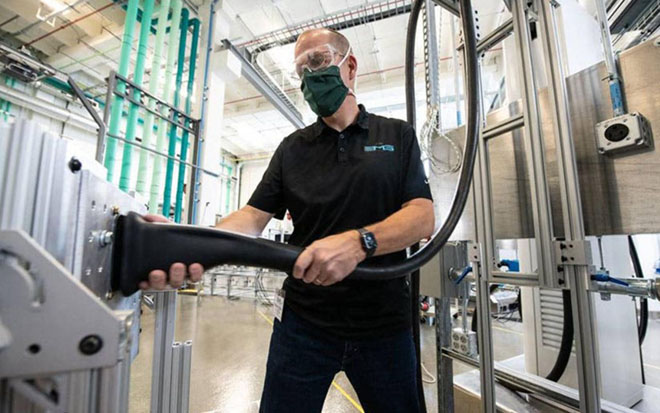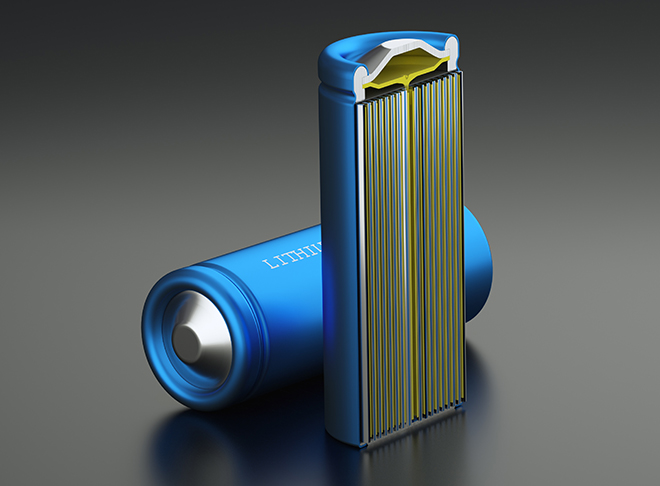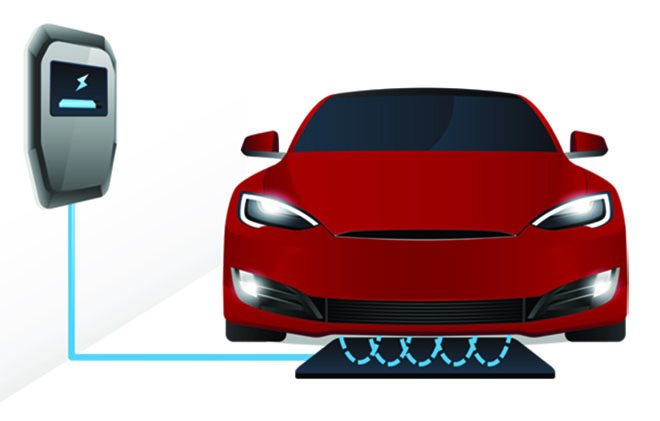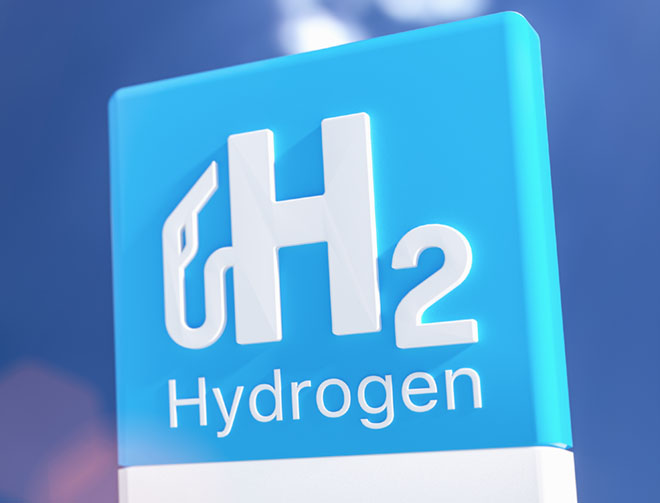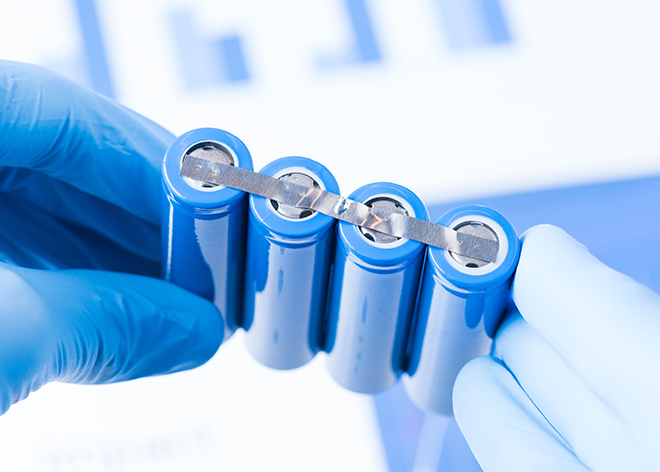Emissions regulations in the EU are getting tighter, and the law provides for substantial fines for automakers that can’t comply—in some cases, as much as €2,375 per car sold. This is the reason that European EV sales have been soaring, and European automakers have a massive number of new electrified models in their pipelines (did… Read more »
Search Results Found For: "motiv power"
GM teases future electric Chevy crossover and pickup, invests more in EVs
General Motors CEO Mary Barra said Thursday the company is accelerating its electric-vehicle efforts, pulling forward the schedule on many future launches, and expanding the number of EV models it sells globally to 30 by the end of 2025—a larger number than the dozen future EVs shown to journalists in a no-cameras presentation in March…. Read more »
Skeleton Technologies raises $48.5 million to expand the competitive advantage of ultracapacitors
Ultracapacitor manufacturer Skeleton Technologies has announced the completion of a €41.3-million financing round. All the company’s existing investors participated in the equity raise, and were joined by European entrepreneurs and international investors. Skeleton CEO Taavi Madiberk said, “The roadmap to zero emissions needs innovation and a mix of enabling technologies. Ultracapacitors are a key enabler for… Read more »
LEM introduces DC billing meter for EV chargers
LEM, a global specialist in electrical measurement for industrial and automotive applications, has launched its new DC billing meter (DCBM), a compact billing solution for public DC fast chargers. The DCBM has a power measurement range from 25 kW to 600 kW, and is a legally certified meter that provides accurate customer billing. LEM’s new… Read more »
Task force to develop Megawatt Charging System for heavy-duty EVs
In September, an international task force including representatives of the National Renewable Energy Laboratory (NREL) and the Charging Interface Initiative (CharIN) hosted a meeting of “leading OEMs, utilities, equipment manufacturers and suppliers” to test prototypes for a new charging system for heavy-duty vehicles: the Megawatt Charging System (MCS). The task force says the test, which… Read more »
PPG receives DOE funding for EV battery coating processes
PPG, a supplier of coatings and specialty materials, has received DOE funding for research into the use of two versatile, high-output processes for the production of Li-ion battery electrodes. The three-year, $2.2-million project—one of 13 selected through a DOE initiative focused on addressing engineering challenges for advanced battery materials and devices—will be conducted in collaboration… Read more »
Microchip releases new AEC-Q101-qualified 700 V and 1,200 V SiC SBDs
Microchip Technology is introducing its newly-qualified 700 V and 1,200 V SiC Schottky Barrier Diode (SBD) power devices, providing EV system designers with solutions that meet AEC-Q101 quality standards across a wide range of voltage, current and package options. Microchip says the SBD family’s avalanche performance allows designers to reduce the need for external protection… Read more »
Wireless charging provider WiTricity raises $34 million in venture capital
Wireless power transfer specialist WiTricity has closed a $34-million investment round. Stage 1 Ventures led the round, and investors included Air Waves Wireless Electricity and Mitsubishi Corporation (Americas). The infusion of capital will enable WiTricity to continue its wireless power platform development and expand its intellectual property portfolio. WiTricity is actively engaged with key standards… Read more »
VW: German auto industry push to subsidize hydrogen is “nonsensical”
The latest battle in the War of the Energy Storage Media has broken out in Germany, where the Volkswagen Group and an auto industry lobbying group (the German Association of the Automotive Industry, or VDA) are at daggers drawn over the government’s proposed plan to implement the EU’s renewable energy directive. Germany’s Federal Ministry of… Read more »
Researchers claim their graphene “SuperBattery” achieves a 15-second charging time
Skeleton Technologies and the Karlsruhe Institute of Technology (KIT) say they have developed a graphene-based battery with a 15-second charging time, as well as charging cycles counted in the hundreds of thousands. The so-called SuperBattery’s key component is Skeleton’s patented Curved Graphene carbon material, which enables the high power and long lifetime of ultracapacitors to… Read more »






